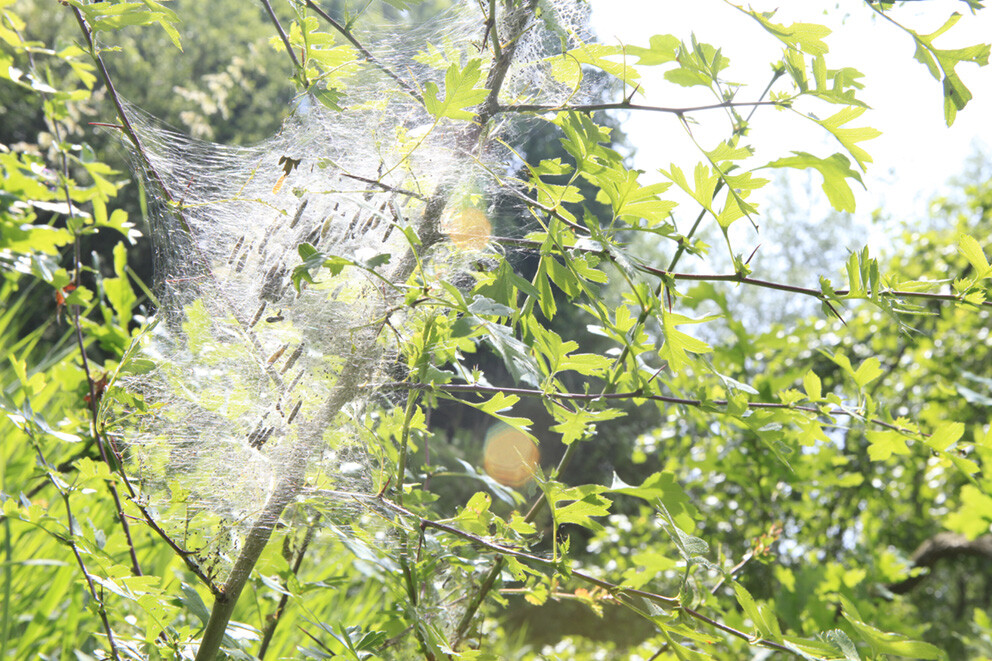What is a Zoöp?
Organisational model
Any organisation that has adopted the Zoöp model is a Zoöp. In a Zoöp, the interests of the ecosystems in which the organisation participates are actively represented in the decision making. A Zoöp is committed to learn to contribute to the health of these ecosystems. Zoöp is an organisational model, a learning process and a basis for collaboration.
Organizational model
An organization becomes a Zoöp by adding a person with a special function: a Speaker for the Living. First of all, the Speaker is a person with a good ear and eye for the interests of other-than-human life in the operational sphere of the Zoöp. The Speaker helps translate these interests into the doings of the organization. The Speaker is an advisor, a teacher and board observer. In practice, the Speaker helps the Zoöp to follow the learning process of the Zoönomic Annual Cycle.
To guarantee her independence, the Speaker receives her assignment from the Zoönomic Foundation. This foundation has as only goal to further the interests of other- than-human life in operational sphere of the Zoöps. The Zoöp together with the Zoönomic Foundation decides who will assume the role of Speaker for the Living.
The Speaker's work is supported by a network of people with different expertise who can help answer specific questions.
Learning process
By following the learning process of the zoönomic annual cycle, a Zoöp discovers step by step how it can contribute to the health of the ecosystems in which it participates. Using the questions of the annual cycle, the Zoöp learns in what ways it participates in the ecosystems of its operational sphere. On the basis of this knowledge, the Zoöp identifies the degenerative and regenerative relations that it maintains, and decides where it will intervene to improve its social and ecological integrity.
The annual cycle asks basic ecological questions, but specific to Zoöp is that these not only engage with plants, animals, air and water, but also with buildings, vehicles, infrastructure, the bodies of the organization et cetera.
By answering these questions for the first time, a Zoöp makes a baseline assessment. With this as reference frame, the Zoöp sets regenerative goals for the coming year to improve its ecological integrity, and plans the actions to realise these goals.
Zoöps communicate to the outside world what their goals are, what they are doing or not doing to achieve them, and what they are learning from their interventions. The zoönomic annual cycle is evaluated around midwinter, (Dec. 21) the end of the zoönomic year. Then a new iteration of the zoönomic plan is made for the next zoönomic year.
Basis for collaboration
Because Zoöps are all learning how to contribute to the health of the ecosystems in which they participate, they have a lot to learn from each other. An important role of the Zoönomic Institute is therefore to facilitate knowledge sharing about how to work on different kinds of regenerative goals and interventions, for instance on the use of certain materials, or on how to include regenerative goals in your long term planning; on how to make your building and outside spaces more habitable and attractive for various species, or on the relations between social health and ecological health. This website will be the hub for sharing the learnings, do's and don't of Zoöps and all other organisations and individuals working of social-ecological regeneration.
As more Zoöps will be formed that all share the same basic values, more specific forms of collaboration will become feasible and interesting, based on proximity or on sharing resources or working in the same value web.
